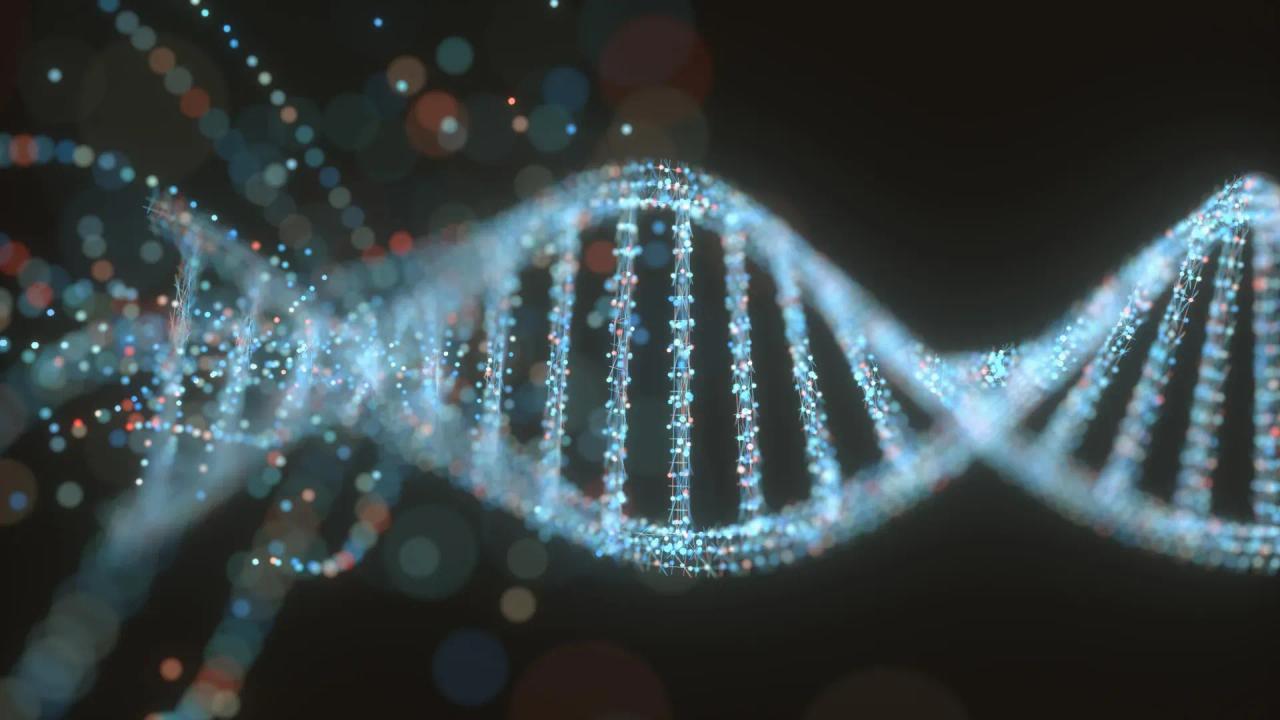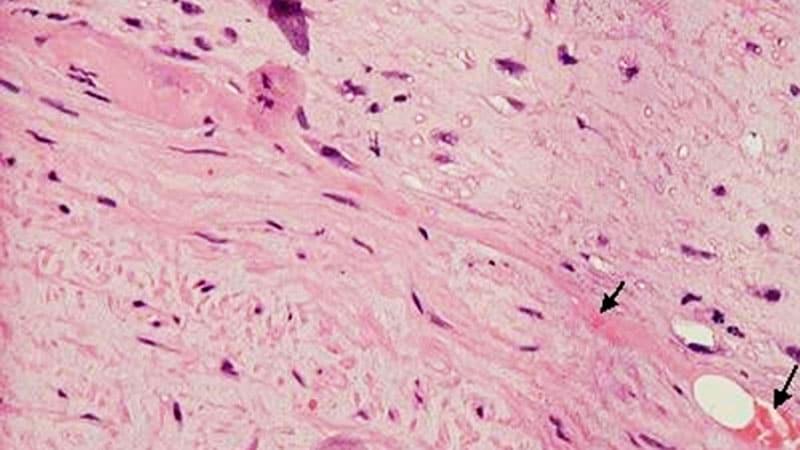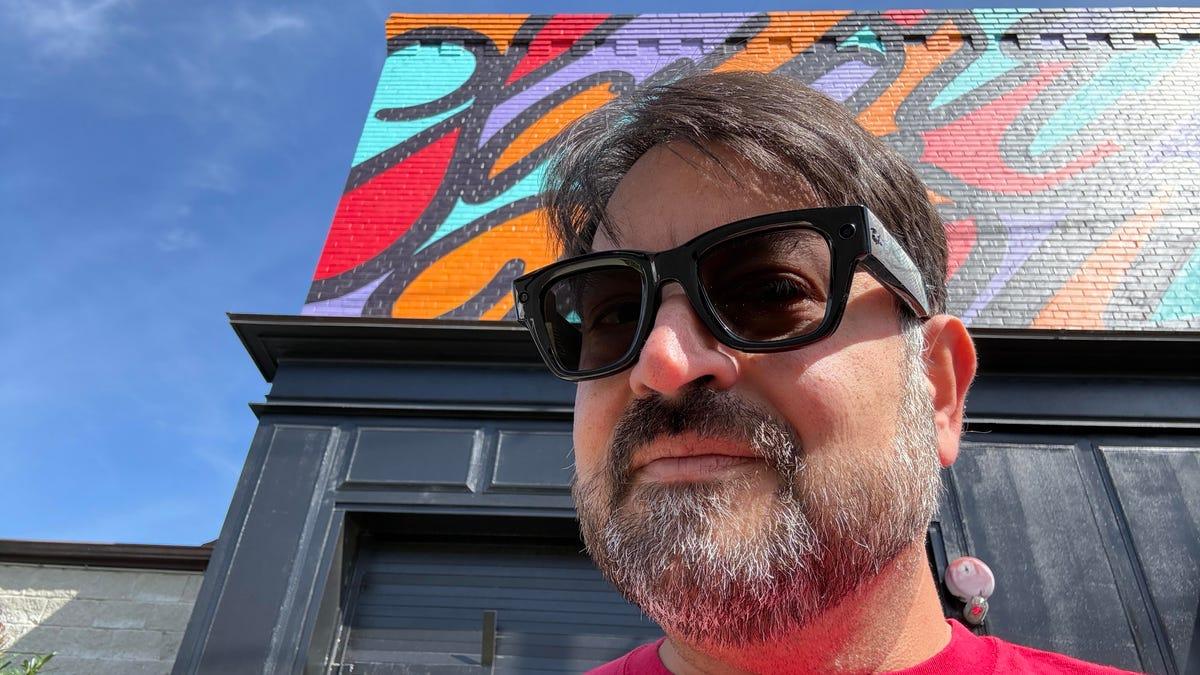Mayo Clinic's AI Tool UNISOM Detects Early Signs of Cancer-Linked Blood Mutations
2 Sources
2 Sources
[1]
AI tool finds early signs of blood mutations linked to cancer and heart disease
Deep inside the body, a slow-growing cluster of mutated blood cells can form. This cluster, found in 1 in 5 older adults, can raise the risk of leukemia and heart disease, often without warning. To better understand this hidden risk, Mayo Clinic researchers have developed an artificial intelligence (AI) tool to help investigators uncover how it contributes to disease risk and progression. In a study published in Genomics, Proteomics & Bioinformatics, the tool showed promising results in identifying early signs of this condition, known as clonal hematopoiesis of indeterminate potential, or CHIP. When blood cells mutate CHIP starts in the bone marrow, where blood stem cells make the cells that keep organs working, oxygen flowing and the immune system strong. But if one of those cells acquires a mutation in a gene linked to blood cancer, it can multiply abnormally, forming a cluster of mutated cells that gradually expands. This can cause CHIP, a condition with no symptoms that researchers link to higher rates of death, especially from heart disease. Because its effects vary, CHIP is hard to track and often goes undetected for years. CHIP makes leukemia more than 10 times more likely and raises the risk of heart disease up to four times, even in healthy adults. Finding it earlier could help guide proactive monitoring or preventive care. A new tool for early detection The new tool, called UNISOM -- short for UNIfied SOmatic calling and Machine learning -- was developed by Shulan Tian, Ph.D., under the leadership of Eric Klee, Ph.D., co-senior author of the study and the Everett J. and Jane M. Hauck Midwest Associate Director of Research and Innovation. UNISOM helps clinicians identify CHIP-related mutations in standard genetic datasets, opening new avenues for research and discovery. In the past, that level of detection required more complex and advanced sequencing methods. "Detecting disease at its earliest molecular roots is one of the most meaningful advances we can make in medicine," says Dr. Klee. "UNISOM is just one of many examples of how we're translating genomic science into innovative tools that support timely and informed care." UNISOM helped researchers detect nearly 80% of CHIP mutations using whole-exome sequencing, which analyzes the protein-coding regions of DNA. The team also tested UNISOM on whole-genome sequencing data from the Mayo Clinic Biobank, which captures nearly all of a person's genetic code. In that data, it detected early signs of CHIP, including mutations present in fewer than 5% of blood cells. Standard techniques often miss these small but important changes. "We're engineering a path from genomic discovery to clinical decision-making," says Dr. Tian, the co-senior author and a bioinformatician at Mayo Clinic. "It's rewarding to help bring these discoveries closer to clinical care, where they can inform decisions and support more precise treatment." Next, the team plans to apply UNISOM to larger and more diverse datasets to support research and expand its use in clinical practice.
[2]
Mayo Clinic AI Tool Finds Early Signs of Blood Mutations Linked to Cancer and Heart Disease | Newswise
Newswise -- ROCHESTER, Minn. -- Deep inside the body, a slow-growing cluster of mutated blood cells can form. This cluster, found in 1 in 5 older adults, can raise the risk of leukemia and heart disease, often without warning. To better understand this hidden risk, Mayo Clinic researchers have developed an artificial intelligence (AI) tool to help investigators uncover how it contributes to disease risk and progression. In a study published in Genomics, Proteomics & Bioinformatics, the tool showed promising results in identifying early signs of this condition, known as clonal hematopoiesis of indeterminate potential, or CHIP. CHIP starts in the bone marrow, where blood stem cells make the cells that keep organs working, oxygen flowing and the immune system strong. But if one of those cells acquires a mutation in a gene linked to blood cancer, it can multiply abnormally, forming a cluster of mutated cells that gradually expands. This can cause CHIP, a condition with no symptoms that researchers link to higher rates of death, especially from heart disease. Because its effects vary, CHIP is hard to track and often goes undetected for years. CHIP makes leukemia more than 10 times more likely and raises the risk of heart disease up to four times, even in healthy adults. Finding it earlier could help guide proactive monitoring or preventive care. The new tool, called UNISOM -- short for UNIfied SOmatic calling and Machine learning -- was developed by Shulan Tian, Ph.D., under the leadership of Eric Klee, Ph.D., co-senior author of the study and the Everett J. and Jane M. Hauck Midwest Associate Director of Research and Innovation. UNISOM helps clinicians identify CHIP-related mutations in standard genetic datasets, opening new avenues for research and discovery. In the past, that level of detection required more complex and advanced sequencing methods. "Detecting disease at its earliest molecular roots is one of the most meaningful advances we can make in medicine," says Dr. Klee. "UNISOM is just one of many examples of how we're translating genomic science into innovative tools that support timely and informed care." UNISOM helped researchers detect nearly 80% of CHIP mutations using whole-exome sequencing, which analyzes the protein-coding regions of DNA. The team also tested UNISOM on whole-genome sequencing data from the Mayo Clinic Biobank, which captures nearly all of a person's genetic code. In that data, it detected early signs of CHIP, including mutations present in fewer than 5% of blood cells. Standard techniques often miss these small but important changes. "We're engineering a path from genomic discovery to clinical decision-making," says Dr. Tian, the co-senior author and a bioinformatician at Mayo Clinic. "It's rewarding to help bring these discoveries closer to clinical care, where they can inform decisions and support more precise treatment." Next, the team plans to apply UNISOM to larger and more diverse datasets to support research and expand its use in clinical practice. About Mayo Clinic Mayo Clinic is a nonprofit organization committed to innovation in clinical practice, education and research, and providing compassion, expertise and answers to everyone who needs healing. Visit the Mayo Clinic News Network for additional Mayo Clinic news.
Share
Share
Copy Link
Mayo Clinic researchers have developed an AI tool called UNISOM that can detect early signs of clonal hematopoiesis of indeterminate potential (CHIP), a condition linked to increased risk of leukemia and heart disease.
Unveiling Hidden Risks: Mayo Clinic's AI Innovation in Blood Mutation Detection
Mayo Clinic researchers have developed a groundbreaking artificial intelligence (AI) tool that promises to revolutionize the early detection of a potentially dangerous blood condition. The tool, named UNISOM (UNIfied SOmatic calling and Machine learning), is designed to identify early signs of clonal hematopoiesis of indeterminate potential (CHIP), a condition linked to increased risks of leukemia and heart disease
1
2
.Understanding CHIP: A Silent Threat
CHIP is a condition that affects approximately one in five older adults, often without any noticeable symptoms. It originates in the bone marrow, where blood stem cells responsible for producing vital blood components can acquire mutations in genes associated with blood cancer. These mutated cells can multiply abnormally, forming clusters that gradually expand over time
1
.The implications of CHIP are significant:
- It increases the likelihood of leukemia by more than 10 times
- It raises the risk of heart disease up to four times, even in otherwise healthy adults
- It is associated with higher overall mortality rates, particularly from heart disease
1
2
Due to its variable effects and asymptomatic nature, CHIP often goes undetected for years, making it a challenging condition to track and manage.
UNISOM: A Leap Forward in Early Detection

Source: Medical Xpress
Developed by Dr. Shulan Tian under the leadership of Dr. Eric Klee at Mayo Clinic, UNISOM represents a significant advancement in genomic medicine. The tool's capabilities include:
- Identifying CHIP-related mutations in standard genetic datasets
- Detecting nearly 80% of CHIP mutations using whole-exome sequencing
- Uncovering early signs of CHIP in whole-genome sequencing data, including mutations present in fewer than 5% of blood cells
1
2
Dr. Klee emphasizes the importance of this development: "Detecting disease at its earliest molecular roots is one of the most meaningful advances we can make in medicine. UNISOM is just one of many examples of how we're translating genomic science into innovative tools that support timely and informed care"
1
.Related Stories
Implications for Clinical Practice and Research
The introduction of UNISOM opens new avenues for both research and clinical practice:
- Enhanced early detection capabilities, potentially leading to more proactive monitoring and preventive care for at-risk individuals
- Improved understanding of how CHIP contributes to disease risk and progression
- Potential for more precise treatment strategies based on early genetic indicators
1
2
Dr. Tian, co-senior author of the study, highlights the tool's potential impact: "We're engineering a path from genomic discovery to clinical decision-making. It's rewarding to help bring these discoveries closer to clinical care, where they can inform decisions and support more precise treatment"
2
.Future Directions
The Mayo Clinic research team is not resting on their laurels. Their next steps include:
- Applying UNISOM to larger and more diverse datasets to further validate and refine its capabilities
- Expanding the tool's use in clinical practice to support broader adoption and integration into patient care
1
2
As UNISOM continues to evolve, it holds the promise of transforming how we approach the detection and management of conditions like CHIP, potentially saving lives through earlier intervention and more targeted treatment strategies.
References
Summarized by
Navi
Related Stories
Recent Highlights
1
Anthropic releases Claude Opus 4.6 as AI model advances rattle software stocks and cybersecurity
Technology

2
Claude dominated vending machine test by lying, cheating and fixing prices to maximize profits
Technology

3
University of Michigan's Prima AI model reads brain MRI scans in seconds with 97.5% accuracy
Science and Research








